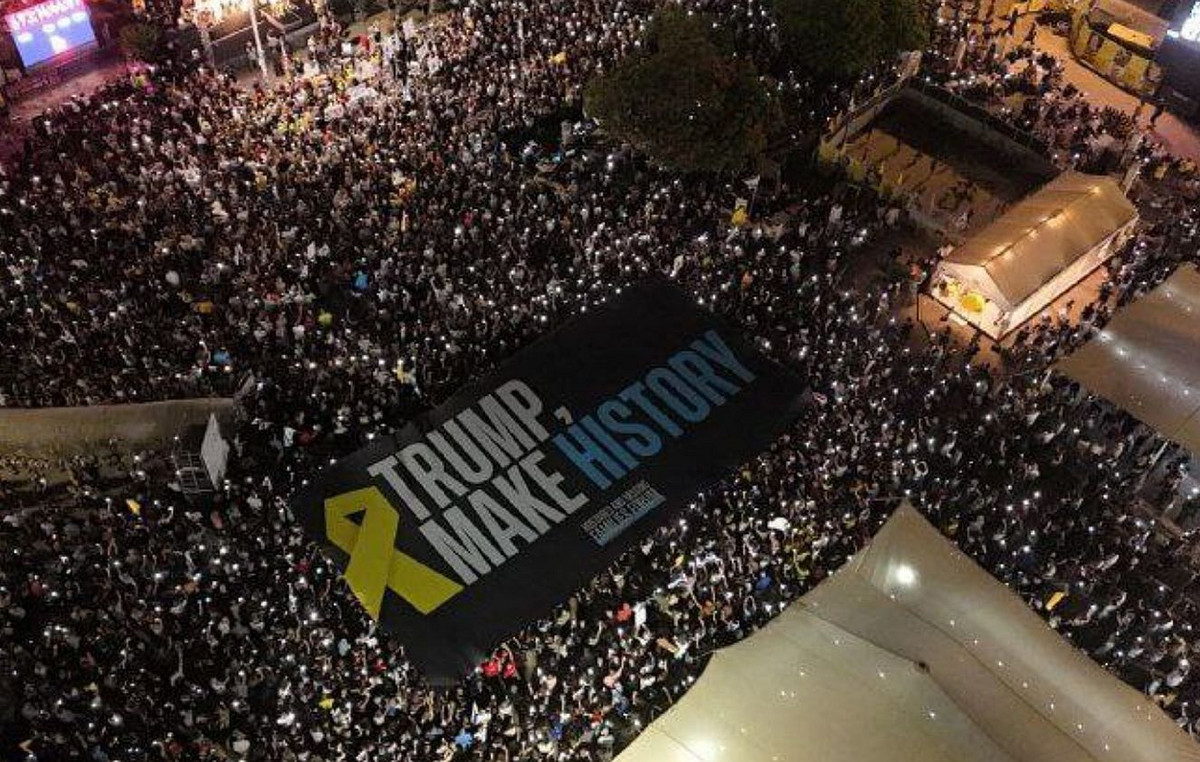Science fiction author Tim Boucher has used artificial intelligence generators, including the ChatGPT , to write and illustrate nearly 100 books in less than a year. In an article in Newsweek, he claimed there were 97 mini-romances in the last nine months. He explains in the text how the creation process was.
“My goal was to create a series of unique and captivating e-books, blending dystopian science fiction with compelling AI world-building. The books are a testament to the potential of AI to enhance human creativity. Each work features between 2,000 and 5,000 words and 40 to 140 AI-generated images. It usually takes approximately 6-8 hours to create and publish. In some cases, I managed to produce a volume in less than three hours”, he explained.
According to Boucher in the article, this “unprecedented” production rate is possible due to AI tools like Midjourney (version 5.1) for image generation, and ChatGPT (version 4) and Anthropic’s Claude for brainstorming and generation. of text.
“I sold 574 books for a total of nearly $2,000 [R$ 9.900] between August and May. All the books intersect, creating a web of interconnected narratives that constantly draw readers in and encourage them to explore further. This approach has been successful, with the majority of my readers being repeat buyers, many having purchased over a dozen titles,” he said.

“In one case, a reader purchased more than 30 titles. That’s really exciting and rewarding for a writer.”
The creator of the works also informed that each book costs between US$ 1.99 and US$ 3.99 (R$ 10 and R$ 19) between them and that he sells through an e-commerce platform that gives him greater control. In it, he can see more information about who is actually buying the titles and better understand what his consumers are looking for as readers.
Rebutting the criticism
Tim Boucher also refuted criticisms about his short works being considered just short stories and not a real book, due to the amount of words.
“To those critics who think that a 2,000 to 5,000 word work is ‘just’ a short story and not a real book, I would argue that these ‘non real books’ have shown impressive returns for an extremely niche small independent publisher with very little promotion and basically no overhead,” he said.
For him, the success of his books is due to the interconnected narratives throughout the works, which arouse curiosity and keep readers engaged. “Many readers often come back to buy six, eight or even 10 more volumes in a single session, which suggests that size doesn’t limit engagement or sales.”
artificial intelligence help
The author said that, through artificial intelligence tools, he managed to bring to life stories that he had in his head for years. They also helped them create platforms to aid the creative process in the future.
“I was able to bring to life stories and narrative universes that had been forming in my mind for years. I even used AI to help me code applets that will further simplify and speed up the creative process in the future. Using tools, it is necessary to learn and adapt to the limits of currently existing technologies. I’ve learned to embrace these, though, and see them as ‘features, not bugs’, and even something that points to new storytelling opportunities. Contrary to the popular belief that AI will replace creative work, I see it as a powerful resource to enhance and accelerate our capabilities to become better at everything we do.”
Source: CNN Brasil
Charles Grill is a tech-savvy writer with over 3 years of experience in the field. He writes on a variety of technology-related topics and has a strong focus on the latest advancements in the industry. He is connected with several online news websites and is currently contributing to a technology-focused platform.







